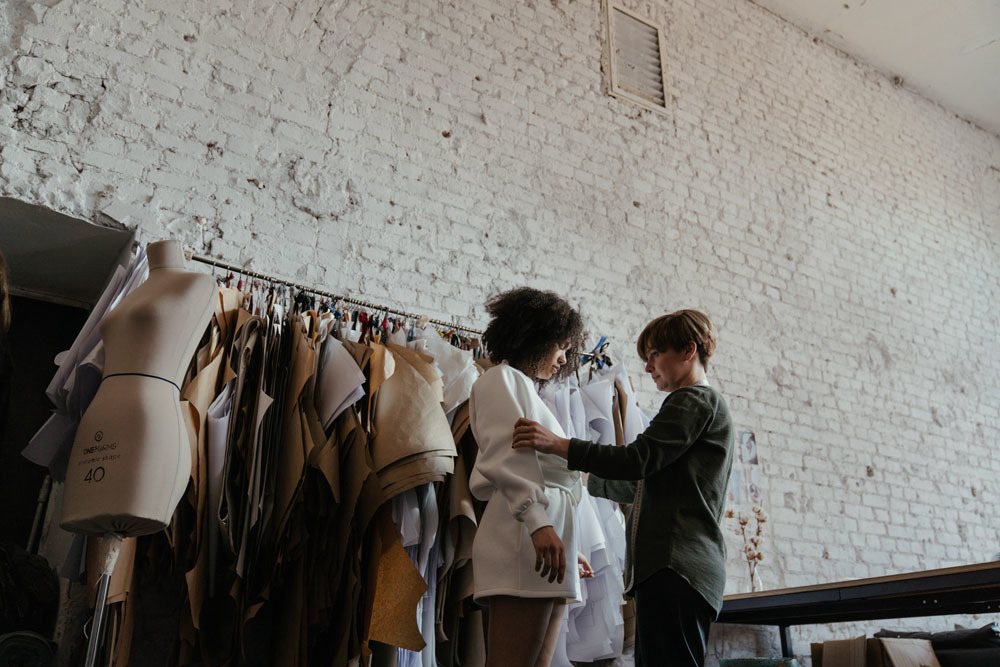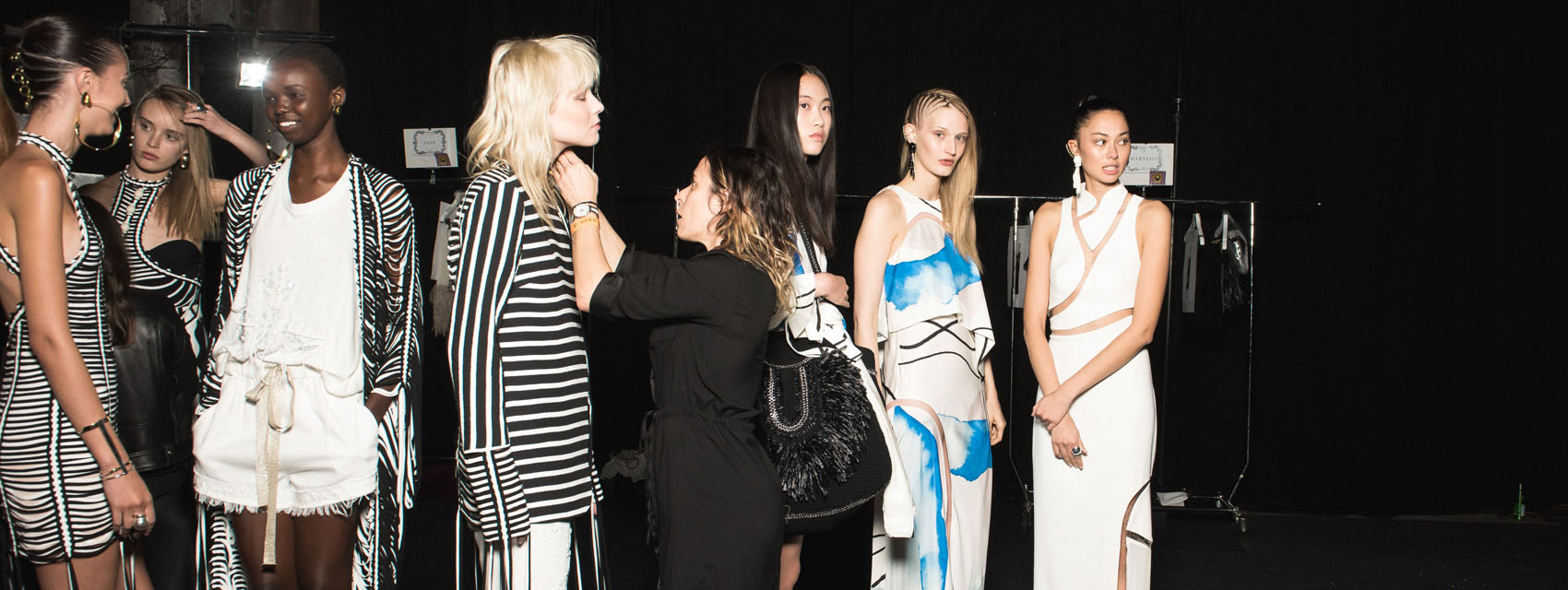Everything to Know About a Future With A Fashion Degree
Here are some options that you can consider for your career path.
The fashion industry is evolving at a breathtaking pace. More and more people are willing to work in fashion and consider getting a fashion degree first. It’s a wise solution as proper education will help students to acquire all core industry knowledge and skills as well as to network effectively to establish professional connections that might come in handy in the future.
A fashion degree will be a great choice as the field is pretty creative, and you won’t probably need an essay writing help, but still, you will have to be diligent and hardworking to achieve results and succeed in the future. Down below, you are going to find out all the info you need to know about the future after getting a fashion degree.

Career Options With a Fashion Degree
If you are still not sure what to do with your degree here are some options that you can consider for your career path:
- Fashion designer: You will be responsible for creating original designs for clothing, shoes, accessories. You will have to create stunning sketches that other team members will turn into a new collection. Although you don’t need an advanced degree, you might need a solid portfolio to get a job as a designer. A prior internship will also be a great advantage as you will be able to acquire skills from accomplished professionals and explore the industry from within.
- Buying agent or purchasing manager: The role involves buying clothing and other products for companies to reselling or using them. Staying on top of the latest fashion trends is a must for this job.
- Textile designer: This is an interesting alternative for those who don’t want to go in fashion design. You will have to come up with new trendy patterns that will be used for fabric production in the future.
- Visual merchandiser: A visual merchandiser has to implement all their skills and talent to promote a certain retail brand. You can create visual concepts for retail stores, media, galleries, museums, and all the variety of events.
- Stylist: As a stylist, you will be responsible for creating looks and outfits for your customers. You can work for individual clients as well as for agencies and companies.
Here are other professions that might be relevant to the fashion industry. These are event managers, PR specialists, marketing managers, make-up artists, hairstylists, journalists.
Who Will Be a Typical Employer?
After getting a fashion degree, you might start looking for a job. Major fashion employers include designers, fashion studios, retail stores and outlets, clothing labels as well as manufacturers. All these options will enable a student to work in design, buying, PR, marketing, etc. TV, film, and media industries might also need a qualified professional with fashion expertise, so these are also options to consider.

What Skills Are Crucial for CV?
If you want to get hired with ease, you have to take care of your CV and include all core skills that will be relevant to an employer. Whether you want to get recruited by a large fashion brand or small local fashion house, it will be beneficial to include the following skills in your CV: technical drawing, illustration, pattern cutting techniques, sewing, and tailoring. Also, a perfect candidate must be aware of the latest fashion trends, understand the consumer lifecycle, and the overall market. Such skills like communication, problem-solving, research, and analysis are also something an employer might require. Nevertheless, you should pay extra attention to your portfolio as the decision will be made mostly based on it. Do all your best to showcase all your creativity and impress brands you want to work with.
Further Study Options
The majority of students go straight into employment after graduation. Though it’s not obligatory, you might also consider getting a Master’s degree with deep specialization. It can be a focus on child wear, textiles, theatrical costumes, embroidery, shoe design, etc. In addition, there are various advanced courses that will enable a student to get a deep insight into social, ethical, cultural, economic, or environmental aspects of the fashion industry.
Summing It Up
Before applying for a fashion program in college, you have to consider plenty of aspects, choose the perfect institution, decide on industry specialization to start getting knowledge and skills to build a successful career. Though the industry is pretty competitive, if you channel your efforts in the right direction, you will be able to achieve significant results.
Next up, The 10 Best T-Shirts Your Summer Wardrobe Will Thank You For Buying












